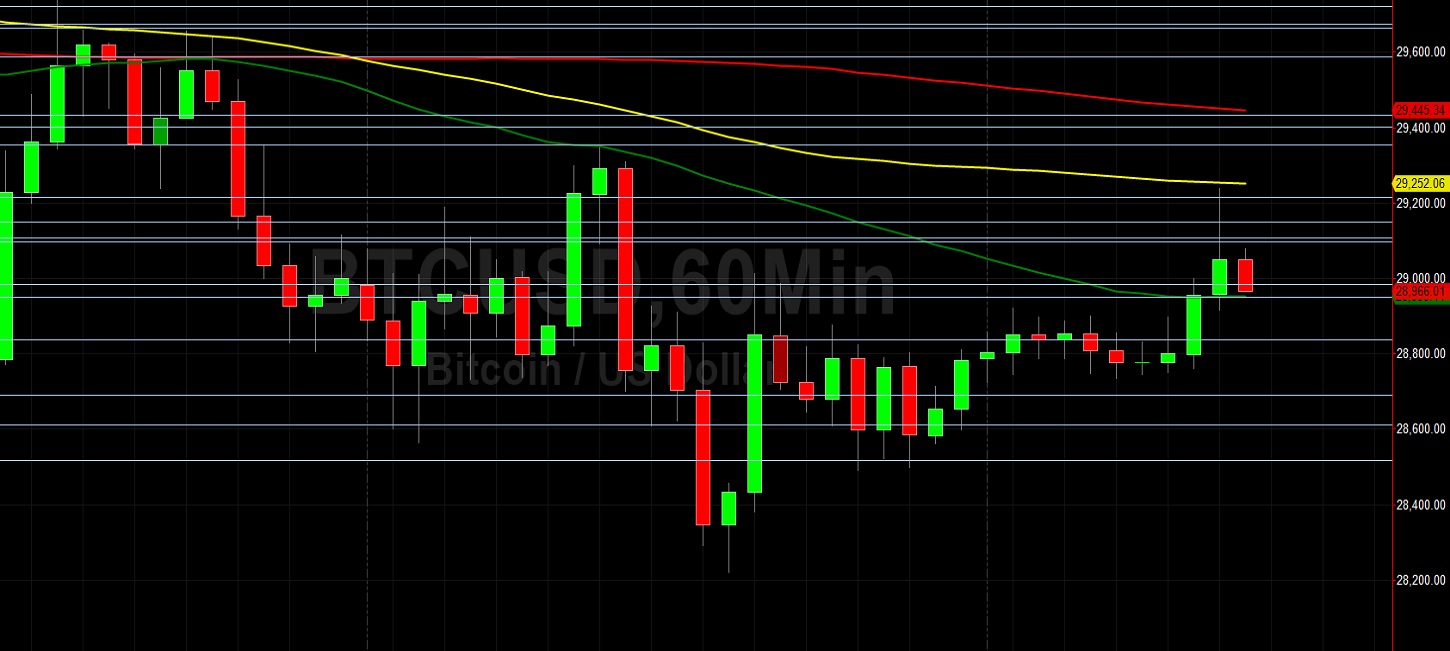Image source: Getty Images
Last week was pretty good to the UK’s FTSE 100. The blue-chip index rose by almost 2.7% over five trading days — one of its best weeks since early April. But not all Footsie shares did well last week, because this particular rising tide didn’t lift all boats. So today I went looking in the FTSE 100 for cheap shares that lost ground last week.
The FTSE 100’s winners and losers last week
Although the FTSE 100 added 2.7% last week, its constituents’ shares had widely dispersed returns — as I’d expect. Of 100 shares, 83 rose in value. These gains ranged from a mere 0.1% to a tidy 21.3%. The average rise across these gainers came to 5.8%. But it’s among last week’s losers that I’m searching for cheap shares.
At the other end of the scale lie 17 shares that declined in value last week. These declines ranged from just 0.8% to a hefty 13.8%. The average decline across all those losers was 3.1%. That’s 5.8 percentage points behind the wider FTSE 100 index.
Finding cheap shares among the fallers
For the record, these two stocks were among the three worst-performing FTSE 100 shares last week (#98 and #99 respectively).
| Company | United Utilities Group | SSE |
| Share price | 1,034.24p | 1,746.65p |
| One-week price change | -9.0% | -9.4% |
| 12-month price change | 5.2% | 13.3% |
| Market value | £7.1bn | £18.7bn |
| Price/earnings ratio | – | 7.2 |
| Earnings yield | – | 13.8% |
| Dividend yield | 4.2% | 4.9% |
| Dividend cover | – | 2.8 |
As you can see, both shares dropped by at least 9% last week. And that’s largely because these companies — United Utilities Group and SSE (formerly Scottish and Southern Energy) — are energy utilities. On Thursday, Chancellor Rishi Sunak announced a 25% windfall tax on the excess profits of UK energy suppliers. As a result, shares in UK energy and oil & gas companies took a beating. But do either of these shares look cheap to me today?
I’d buy SSE today for its dividend yield
As regulated utilities, these companies’ earnings and profitability are strictly regulated by Ofgem, the UK’s independent Office of Gas and Electricity Markets. Although this restricts their business models and so on, it also means that both companies have reliable (and steadily rising) revenues.
As a veteran value investor, I’m more drawn to SSE’s shares than those of United Utilities. Currently, SSE stock trades on a modest price-to-earnings ratio of 7.2 and a bumper earnings yield of 13.8%. What’s more, its dividend yield of 4.9% is at least a percentage point higher than the FTSE 100’s cash yield. To me, these fundamentals suggest that SSE might be the better bargain of these two cheap shares.
Energy suppliers could face tougher times
Recently, energy producers and utility companies have become easy targets for politicians. But what starts out as a one-off £5bn windfall tax might eventually evolve into a higher permanent tax burden for these businesses. This would be bad news for the future earnings and dividends of these companies. Even so, I like the look of SSE as a good fit for my family portfolio, so I’d still buy these cheap shares today for their passive income!
Credit: Source link













